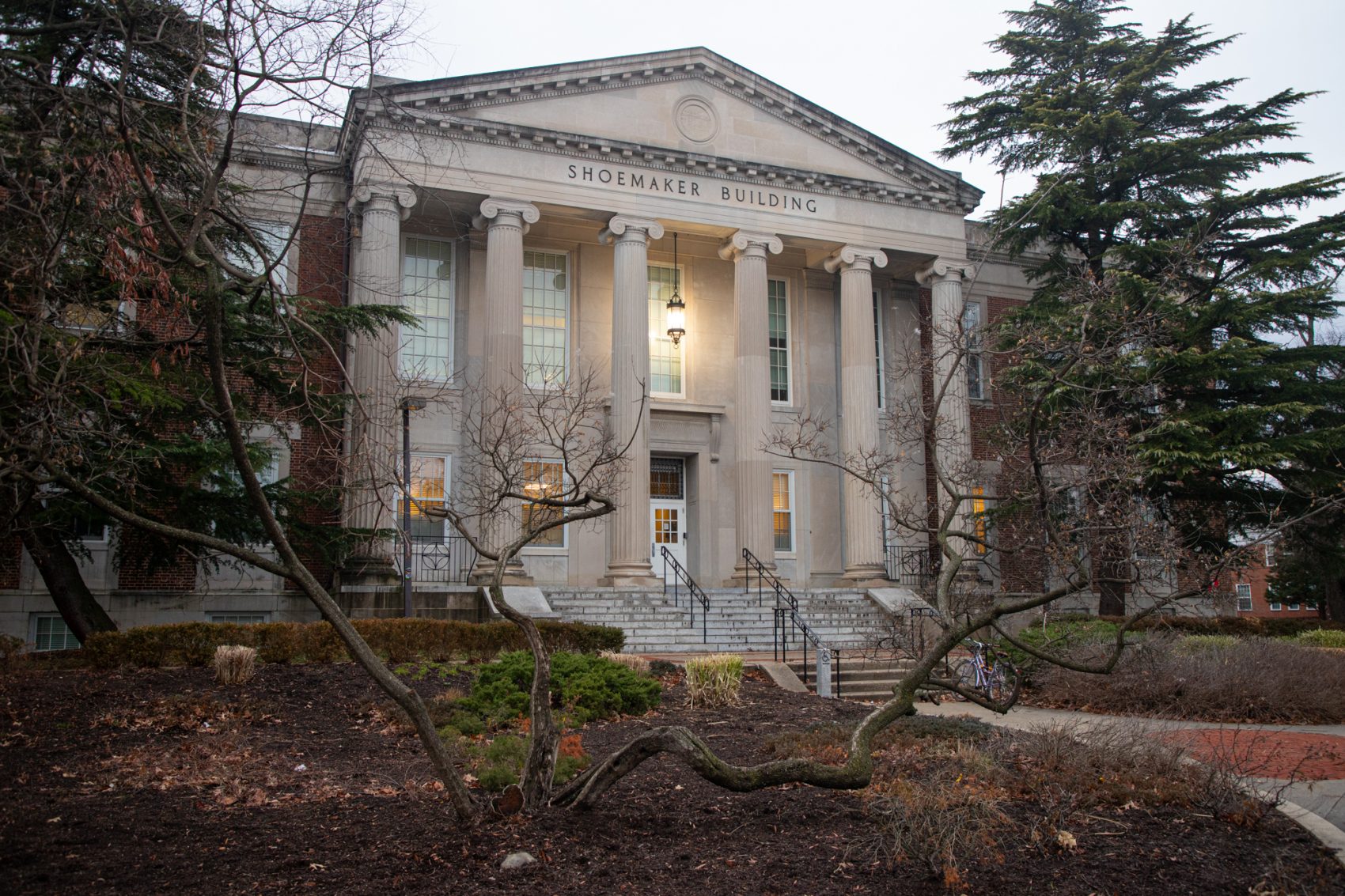The University of Maryland Counseling Center hired four part-time psychologists last semester, and it plans to hire an additional full-time staff member this semester.
On his first day as university president, Darryll Pines pledged to increase staffing for mental health services on the campus. The part-time psychologists will focus on providing individual therapy to students, counseling center director Chetan Joshi wrote in a response provided by the university.
The new staffing comes as the coronavirus pandemic has taken a toll on students’ mental health. In a university survey conducted last semester, 92 percent of about 3,900 undergraduates said the pandemic has negatively impacted their mental health.
The Counseling Center initially saw a decrease in intake appointments at the start of the pandemic — a trend that was reflected in centers across the country, Joshi wrote. The reasons for the decrease, he wrote, included a lack of private space for teletherapy and the stress of “non-academic demands,” such as caring for a relative.
[Mental health advocacy groups at UMD are ramping up their efforts to help students]
But the center has started to see an increase. Though the overall demand for treatment has remained lower than pre-pandemic levels, Joshi wrote, the number of intake appointments increased by 25 percent last semester as compared to the spring 2020 semester.
“[W]e expect this trend of increasing demand to continue as students continue to experience distress caused by the pandemic,” Joshi wrote. “This expectation led to our decision to hire four, excellent, clinically experienced part time psychologists.”
The university also plans to hire a full-time psychologist and CARE to Stop Violence coordinator this semester, Pines said in a Jan. 25 interview.
The university remains in a hiring freeze brought on by the pandemic, Pines said. But the university can still hire employees “when there’s a critical need,” as it did when hiring the part-time psychologists.
“These additions will also help keep wait time for services low at this critical time,” Pines said. “We will continue to monitor the demand closely and hire additional part-time clinicians as needed.”
In past years, the university has come under fire for the way it addresses students’ mental health needs.
In 2018, the student group Scholars Promoting and Revitalizing Care launched a campaign designed to shed light on the time it took for a student to receive an intake appointment at the center. The campaign, “30 Days Too Late,” called for more funding for the counseling and health centers, as well as an increase in the number of counseling sessions available.
[UMD students to launch anonymous mental health texting service next week]
There is currently no waitlist at the center, said Shoham Ghosh, the Student Government Association’s health and wellness director, and students do not have to wait more than one to two days for an intake appointment.
“I’m glad that they’re responding to the increased need,” Ghosh said. “On my end, it looks good.”
But there’s lots of room for improvement, Ghosh said, noting that some students are hesitant to seek counseling services because of a perception of financial barriers and confusion with other behavioral health services. Ghosh attributed this misconception to a lack of communication from the center and emphasized that the services at the center are free.
He hopes the center will improve its communication and do more to break the mental health stigma.
“There’s always this room for improving mental stigma, whether it be social media, having more activities on the agenda,” Ghosh said. “But they’ve made a good start.”



